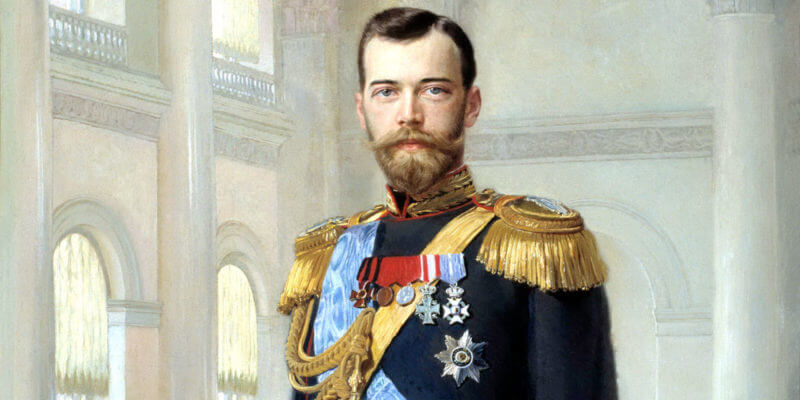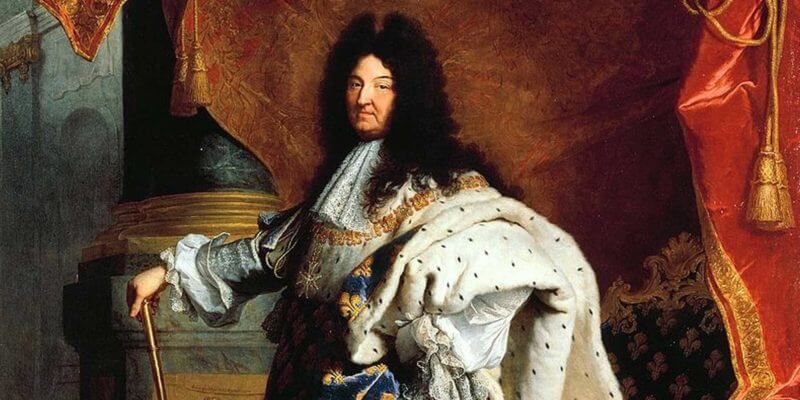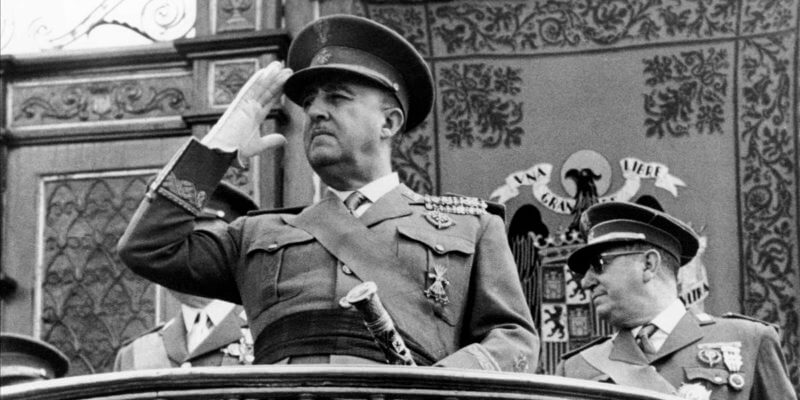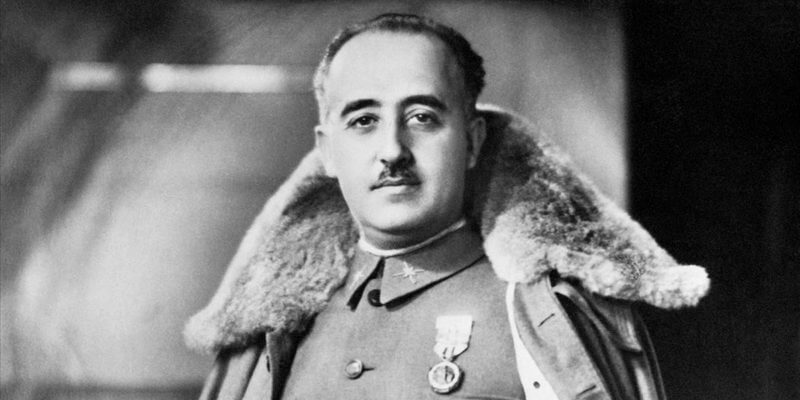What is Autocracy? What are the characteristics of Autocracy? Information about the characteristics of Autocracy.
Autocracy
What is the Autocracy?
Autocracy is a government system that centralizes the supreme power of the State in a single person, whose decisions could neither be questioned, nor contravened, nor be subject to controls of any kind. Whoever presides over a government of this nature is known as an autocrat.
The main forms of autocracy in the history of humanity were the absolutist monarchy, such as that experienced in Europe before the French Revolution, and the modern dictatorship, of which there are abundant examples of different ideological signs.
Autocracies are contrary to democracy, which is sustained thanks to a separation of public powers that take stock and balance their influences on civic life.
The term autocracy is often used as a synonym for dictatorship or tyranny, although they are not necessarily synonymous.
Characteristics of autocracy:
Etymology
The word autocracy is made up of two Greek words: auto- (“own, by itself”) and kratos (“power”).
Hence, autocracy can be understood as “power by itself” or “power by its own hand”, thus alluding to the fact that all the power of the State is concentrated in a ruler who uses it to stay in power.

Concentration of power
The essential attribute of an autocracy is the concentration of powers in the same figure, that is, a single person who governs all the affairs of the nation. In this it is distinguished, for example, from other forms of totalitarianism or dictatorship, in which power is exercised by a group or a social sector, such as a political party, a military junta or an ethnic minority. There is no autocracy without an autocrat.
Rise to power
An autocracy can be established through various mechanisms, including popular election. It is enough for the ruler to initiate a series of changes that gradually lead in that direction, making use of legal tricks and the republican powers themselves.
In other cases, autocracies can be established by force, through coups, armed struggles or military invasions, and sustained by violence and fear.
Repression
The repression and persecution of dissent is often an important feature of autocracies, which deny political participation and sometimes even fundamental human rights to those who think differently or to those who oppose the autocratic regime.

Corruption
Another distinctive feature of autocracies is corruption, since by not having any type of opposing powers, the autocrat’s allies enjoy almost absolute impunity and immunity, thus being able to enrich themselves illegally, commit crimes and accumulate assets, without being prosecuted. thus.
Violence
Autocratic times, especially in the contemporary world, can be periods of terror and violence, in which declared enemies of the regime are persecuted, murdered and tortured, or even citizens who only refuse to cooperate with power.
In these periods there is also a violent resistance on the part of the governed, which can lead to violent protests, guerrilla warfare or even a Revolution or a civil war, as the governed decide to sacrifice everything to regain their freedom.
Personality cult

Since all power resides in the hands of the same person, she is worshiped and venerated as if she were a deity or a saint. This is promoted from the structures of the State and the cult of the personality of the leader or caudillo is encouraged, through manipulative messages that offer him as a savior, a redeemer or, in the worst case, as a necessary evil.
Formation of an oligarchy
All autocracies end up benefiting (openly or secretly) not only the autocrat, but his followers and a certain social sector that is loyal to him. This sector eventually possesses enough assets to become an oligarchy, that is, a powerful social sector that retains for itself the economic, social and political advantages of society.
Synonyms
The terms despotism, tyranny and authoritarianism are practically synonymous with autocracy, although the latter implies a lesser degree of empowerment of the ruler, and by tyranny it necessarily refers to whoever governs through (military) force.

Examples of autocracy
The tsar was a local emperor who belonged to the historical Russian nobility.
Some historical examples of autocracies are:
- Tsarist Russia. Russia prior to the October Revolution was ruled by the Tsar, a local emperor who belonged to the historical Russian nobility.
- French absolutism. The France of the 15th century was ruled by Louis XIV, an absolutist monarch who was not subject to any institutional regulation.
- Franco’s Spain. Francisco Franco, the conservative Spanish military man, put an end to the Spanish Civil War in the 20th century through an atrocious dictatorship that disappeared thousands of opponents and centralized political powers in him, through the figure of “Caudillo”.
- The Cuba of the Revolution. Ruled with an iron hand by Fidel Castro, it is an example of an autocracy that emerged as a result of a Socialist Revolution that had abundant popular support. However, along the way, all the powers were centralized in Fidel Castro and he ruled until his death as almost a monarch.
